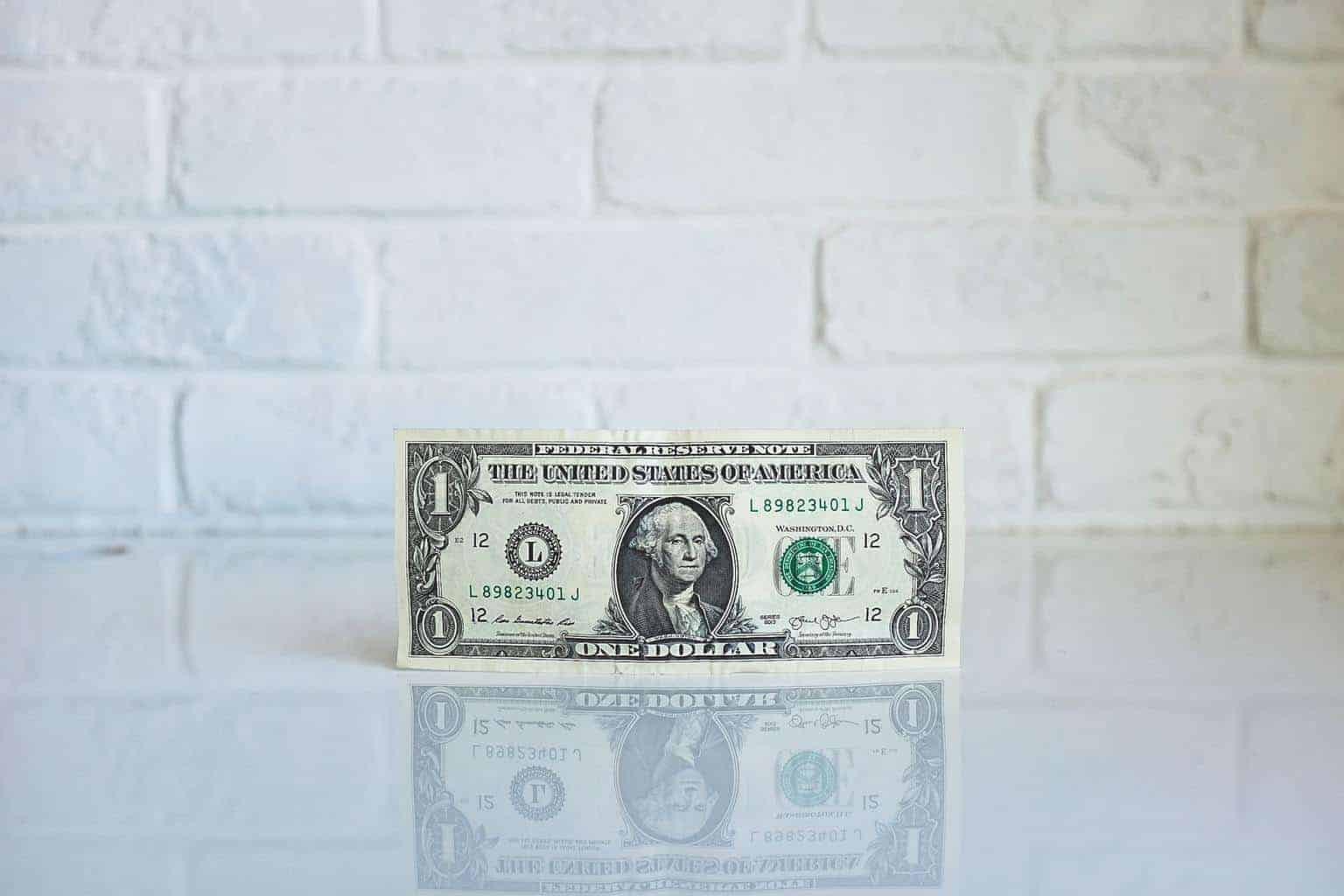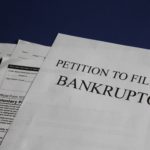With several reputable debt relief programs to choose from, learn more about your options to pay off debt and how they impact your credit score.
What Are Debt Relief Programs?
Are you drowning in debt and can’t seem to make progress paying down your balances, no matter how hard you try? You can solicit professional help through a debt relief program that will negotiate your outstanding balances or terms of your qualifying debts to help you pay them off.
There are several debt relief programs to choose from, including credit counseling, debt consolidation, debt management plans, debt settlement, and bankruptcy.
But before you move forward, it’s best to understand how each program works, along with the benefits and drawbacks. That way, you can understand the implications of each and make an informed decision.
How Do Debt Relief Programs Work?
It depends on the program you select. Here’s how each option works:
- Credit counseling: You can sign up for credit counseling to learn how to effectively manage your money and outstanding debt. Expect to spend an hour or so with a knowledgeable credit counselor who will help you iron out your budget and create a plan of action to tackle your debt. This service is generally available free of charge through local non-profit entities, but you want to ensure the organization you select is reputable before you sign up.
- Debt consolidation: Some consumers opt to consolidate their credit card debt through a debt consolidation loan or balance transfer credit card. If you choose to apply for a debt consolidation loan with a low-interest rate and are approved, you can use the loan proceeds to pay off your credit cards. You will then make monthly payments on the loan, usually between three and five years, until paid in full. This method will save you a bundle in interest, and you’ll pay your credit cards off faster. With a balance transfer credit card, you will open a credit card with a zero percent APR that’s valid for a set period, typically between 12 and 18 months. The next step is to transfer the balances from high-APR credit cards to the new card and pay them off within the promotional period. But if you cannot meet your goal or decide to use the high-APR cards again, your plan could backfire.
- Debt management plans: Also known as DMPs, debt management plans are most suitable for consumers saddled down with credit card and personal loan debt. When you enroll in a DMP, a debt counselor from the non-profit credit counseling agency will negotiate the terms of your accounts with your creditors. In most cases, you will receive a lower interest rate or reduced minimum monthly payment to help you get the relief you need. But you will have to close your credit accounts to be eligible for inclusion in most programs. DMPs also require enrollees to make monthly payments directly to their office, and they remit payments on your behalf to creditors and update you monthly on the repayment progress. Enrollment and administrative fees apply for DMPs.
- Debt settlement: Debt settlement programs are available through for-profit entities, and they assist consumers who are experiencing financial hardship to find relief with their unsecured debts. These include credit cards, department store cards, personal loans, and medical bills. (Unfortunately, secured debts like mortgages and auto loans are not eligible for inclusion in a debt settlement program). When you enroll, debt counselors will negotiate with your creditors to reach a fair settlement for both parties. But before the negotiations start, you will voluntarily deposit funds into a dedicated account instead of paying creditors to ensure the funds are available to remit payment for settlements.
- Bankruptcy: Filings remain on your credit report for 10 years and make it challenging to apply for other forms of debt for some time.
- Do-it-yourself debt relief: Prefer not to seek professional help? You can reach out to your creditors and negotiate better terms on your debts or request a settlement. Some creditors may invite you to participate in a hardship program for a few months until you get back on track, and others could agree to a settlement on the spot if you have the funds to pay what you’re offering right away.
Are Debt Relief Programs Legitimate?
Unfortunately, there are debt relief scams that prey on innocent consumers. But you can protect yourself by educating yourself on how each program works, researching companies you’re considering, and understanding the terms and conditions before enrolling. Here are some questions to ask companies who offer DMPs and debt settlement programs if you’re considering either of these options:
- What debts are eligible under the program?
- How long does the program generally take to complete?
- What are your qualification criteria?
- How much does the program cost, and are there monthly fees?
- Is there a way to track repayment progress?
- How will the program affect your credit health?
- Are there any potential tax consequences you should be aware of?
If a debt counselor is unable to answer your questions, move on to other options. You may also want to ask around for recommendations and read reviews from past and current customers to decide if a program is right for you.
Can a Debt Relief Program Hurt Your Credit Score?
It’s possible to get assistance with your debt without hurting your credit score. Take a look at how each program can impact your credit score:
- Credit counseling: no direct impact on your credit score
- Debt consolidation: your credit score may increase when you open a new account and transfer the existing debt due to the decrease in credit utilization
- Debt management plans: your credit score could improve with timely monthly payments to your creditors made by the credit counseling agency on your behalf (but it may drop when you initially close your credit card accounts)
- Debt settlement: your credit score will be impacted during the program and could also drop when an account is settled for less than you owe.
- Bankruptcy: filing remains on your credit report for up to 10 years
- Do-it-yourself debt relief: it depends on the strategy you adopt







